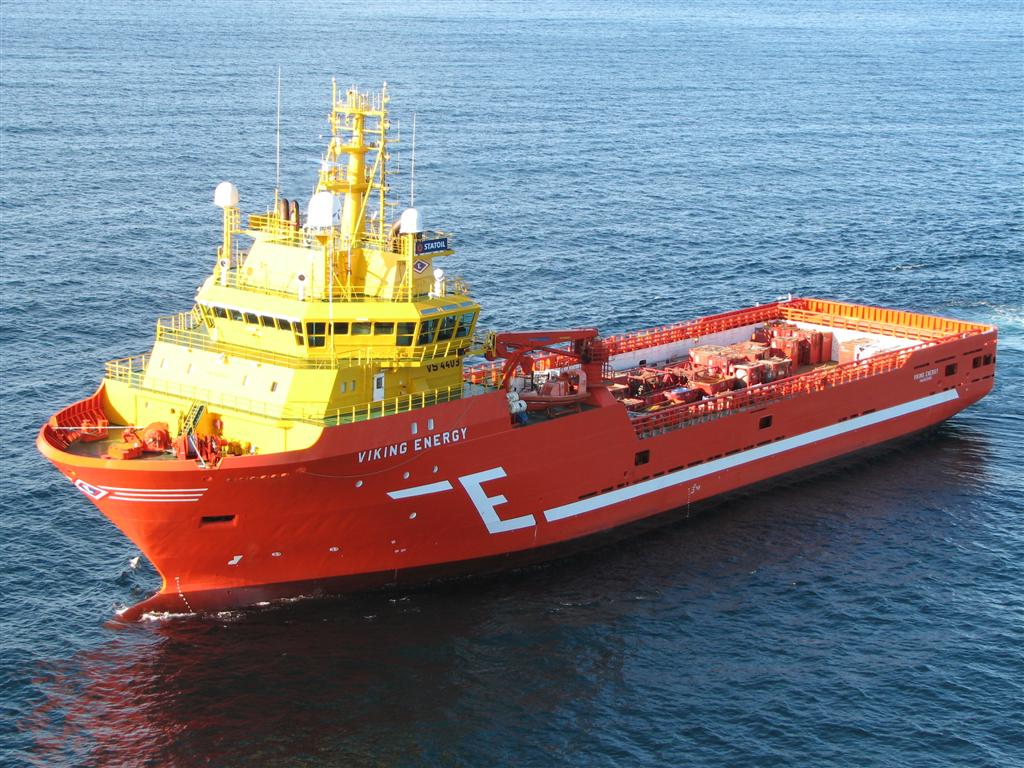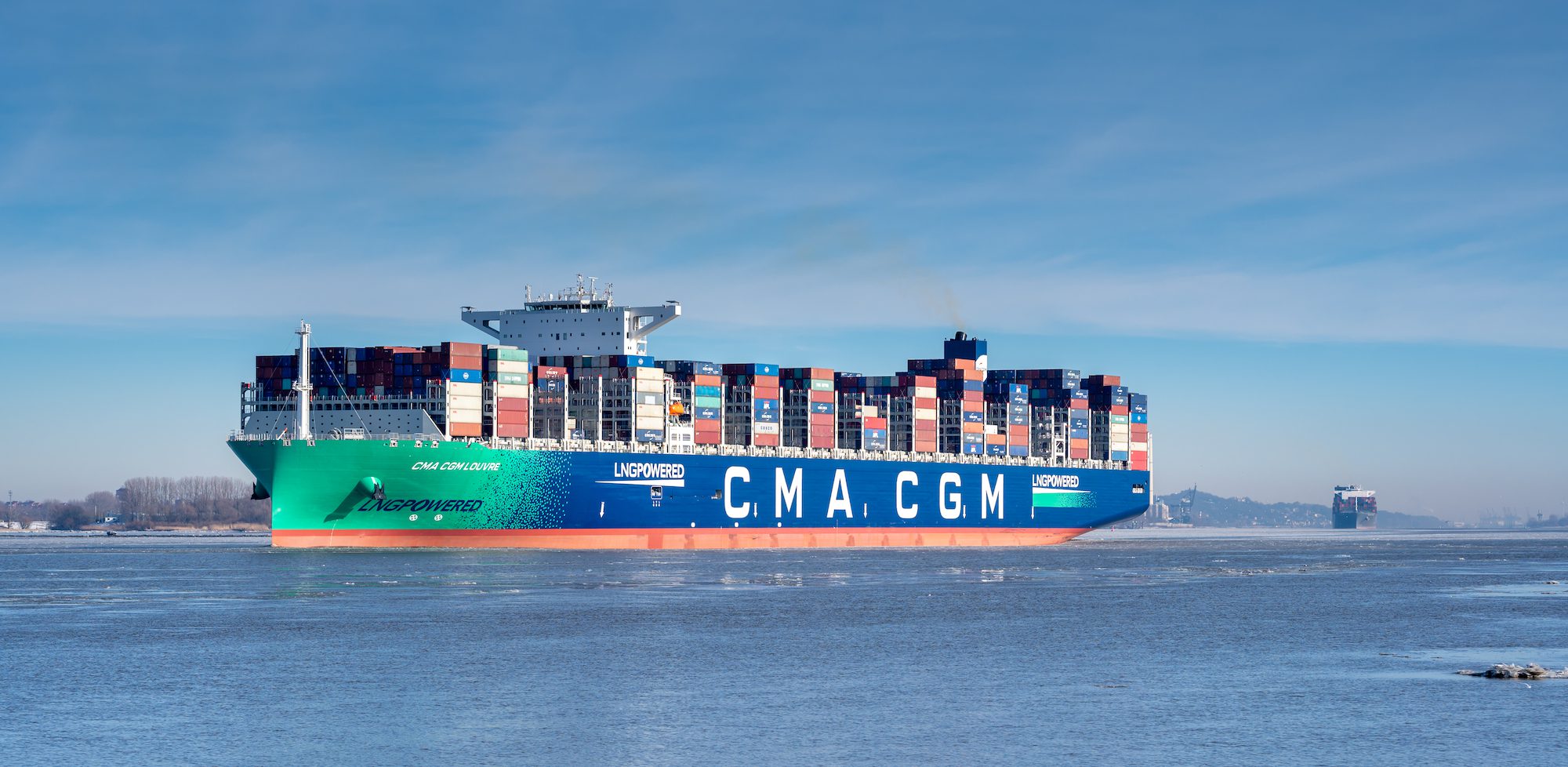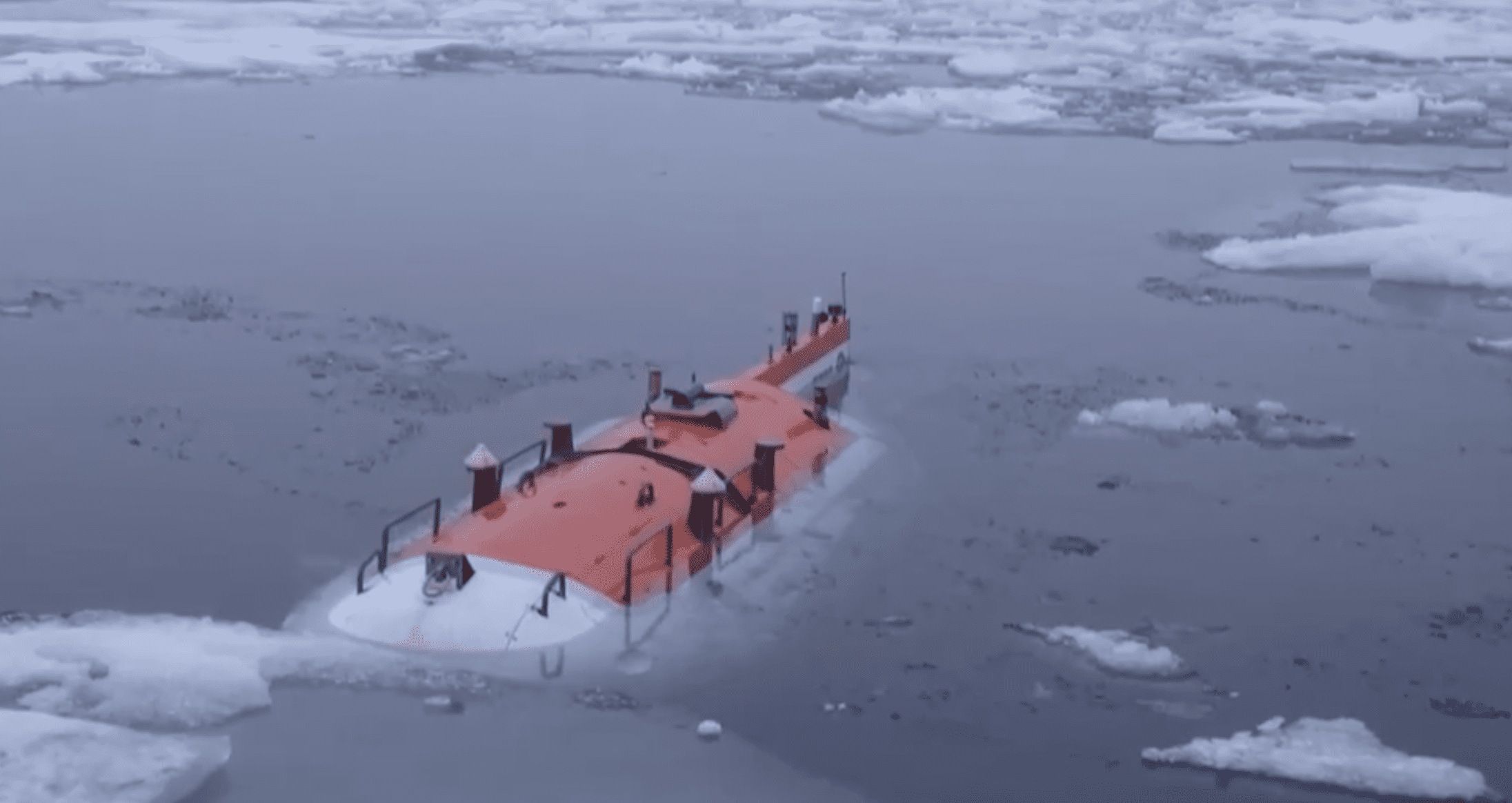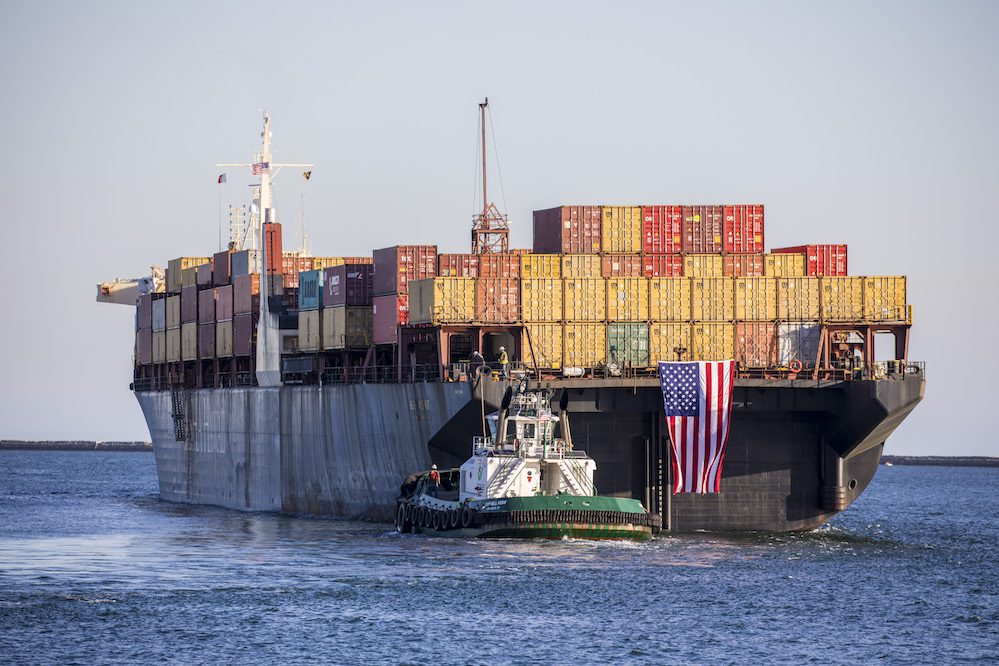DNV has won a contract with the Flemish government to undertake a feasibility study for the provision of LNG bunkering facilities at the ports of Antwerp, Zeebrugge and Ghent in Belgium.
The work will consist of a market survey, a risk and safety analysis, and modeling of the logistics, legal and regulatory requirements needed to establish LNG bunkering infrastructure at the ports. Hazard identification and quantitative risk analysis are key components of DNV’s service and this scope of work covers not only people at the port but the wider community and natural environment.
“The Flemish ports authorities are optimistic about the potential for safe and efficient LNG bunkering operations and DNV’s multi-disciplinary analysis will help them move forward confidently,” says Mohamed Houari, DNV Head of Solutions for Central Europe.
Burning LNG as fuel reduces SOx and particulate emissions by 100%, NOx emissions by approximately 90% and CO2 emissions by approximately 20% compared to heavy fuel oil use.
“Shipowners are working hard to meet the increasingly strict emissions requirements of the Baltic and North Seas and ports are now responding as the popularity of LNG is becoming apparent,” says Torgeir Sterri, DNV Regional Manager Central Europe.
Currently, there are 22 LNG-fueled ships in operation – all classed by DNV. In addition DNV has 18 signed newbuilding contracts and 3 ships scheduled to be converted for LNG fuel.
By 2020 it is anticipated that the majority of new ships will use LNG as fuel, especially short-sea ships operating in Emission Control Areas such as the waters of Belgium. Signs of recognition of this growing market have been seen right across Northern Europe. Norway has so far been the frontrunner, but late October contracts were signed in Brunsbüttel in Germany too where a decision was made to offer bunkering of LNG in the Elbehafen.
The latest contract with the Flemish Government in Belgium is another important step towards promoting LNG as an environmental friendly and available fuel for ships.
DNV has been involved in several projects for LNG import terminals in Europe including Rotterdam’s GATE terminal and has also contributed to ‘A feasibility study for an LNG filling station infrastructure and test of recommendations’ published in October 2011 by the Danish Maritime Authority.
A prerequisite for the widespread use of LNG in shipping globally is a functional and standardized bunkering infrastructure and DNV heads the ISO working group tasked with the development of internationally agreed guidelines.
– By Per Wiggo Richardsen, Det Norske Veritas

 Join The Club
Join The Club











